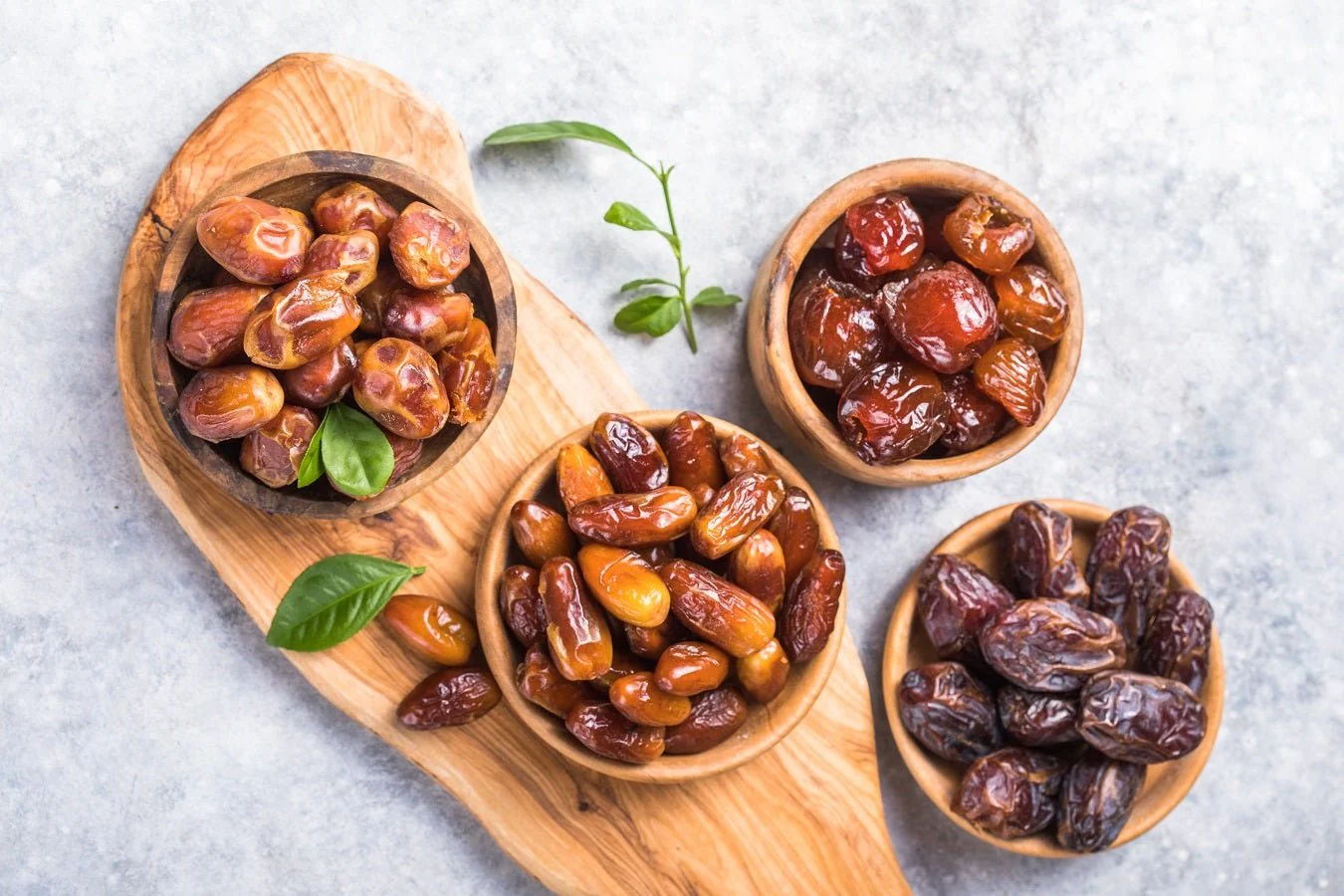
Exploring Kedai Kurma and Traditional Methods of Date Pollination
Introduction
Dates are delicious fruits with a rich history and cultural significance. In Malaysia, there are various kedai kurma (date shops) that offer a wide selection of dates to cater to the diverse tastes and preferences of consumers. Additionally, the process of date pollination is crucial for the successful growth and development of date fruits. In this blog post, we will delve into the concept of kedai kurma and explore the traditional methods of date pollination. Join us as we uncover the fascinating world of date shops and the techniques used to pollinate date palms.
Kedai Kurma: A Hub for Date Enthusiasts
What is Kedai Kurma?
Kedai kurma refers to the date shops found in Malaysia that specialize in offering a wide range of date varieties to consumers. These shops are dedicated to providing quality dates from various sources, ensuring that customers have access to fresh, flavorful, and premium-quality fruits. Kedai kurma offer a diverse selection of dates, including local and imported varieties, allowing individuals to explore different flavors, textures, and nutritional profiles.
Importance of Kedai Kurma
Date shops play a crucial role in meeting the demand for dates in Malaysia. These shops serve as a central hub for date enthusiasts, providing a convenient and reliable source of high-quality dates. They ensure that the dates they offer meet the desired standards of taste, quality, and freshness. They also play a vital role in promoting the cultural significance of dates and educating consumers about the various health benefits associated with these fruits.
Traditional Methods of Date Pollination
Natural Pollination
One of the traditional methods of date pollination is natural or open pollination. In this method, the date palms rely on wind and insects to transfer pollen from the male flowers (stamens) to the female flowers (pistils). Date palms have separate male and female trees, and the male trees produce pollen while the female trees bear the fruit. The wind carries the pollen from the male flowers to the female flowers, enabling fertilization and fruit development. Insects, such as bees, also play a role in pollination by transporting pollen between flowers during their foraging activities.
Hand Pollination
Hand pollination is another traditional method used in date cultivation. This technique involves manually transferring pollen from the male flowers to the female flowers using a brush or a small instrument. Hand pollination is typically performed to ensure a higher success rate of pollination and fruit set. It allows growers to control the pollination process more effectively, ensuring that each female flower receives an adequate amount of pollen for fertilization. Hand pollination is a labor-intensive process, requiring skilled individuals to carefully transfer the pollen without damaging the delicate flowers.
Bagging
Bagging is a method used in conjunction with hand pollination to protect the female flowers from external contamination and ensure controlled pollination. This technique involves covering the female flowers with small bags made of cloth or paper to prevent contact with unwanted pollen or insects. Bagging allows growers to select specific male flowers for pollination, ensuring the desired cross-pollination and preventing accidental self-pollination. This method helps maintain the genetic diversity of date palm cultivars and ensures the production of high-quality fruits.
Conclusion
Kedai kurma in Malaysia serve as a hub for date enthusiasts, providing a wide range of date varieties and promoting the cultural significance of dates. These shops play a vital role in meeting the demand for high-quality dates and educating consumers about the various benefits associated with consuming dates. When it comes to date cultivation, traditional methods of pollination are employed to ensure successful fruit development. Natural pollination relies on wind and insects, while hand pollination and bagging techniques are used to control and enhance the pollination process. These methods contribute to the growth of healthy date fruits and the preservation of desirable traits in date palm cultivars.
Key Highlights:
– Kedai kurma in Malaysia offer a diverse selection of dates to cater to consumer preferences.
– These shops ensure that dates meet the desired standards of taste, quality, and freshness.
– Date shops play a vital role in promoting the cultural significance and health benefits of dates.
– Natural pollination relies on wind and insects for transferring pollen between male and female date flowers.
– Hand pollination involves manually transferring pollen to ensure a higher success rate of pollination.
– Bagging is used in conjunction with hand pollination to protect female flowers and facilitate controlled pollination.
– Traditional pollination methods contribute to the successful growth and development of date fruits.
– Date shops and traditional pollination methods play essential roles in meeting the demand for dates and ensuring the successful cultivation of high-quality date fruits. These practices contribute to the preservation of date palm cultivars and the enjoyment of delicious and nutritious dates by consumers.